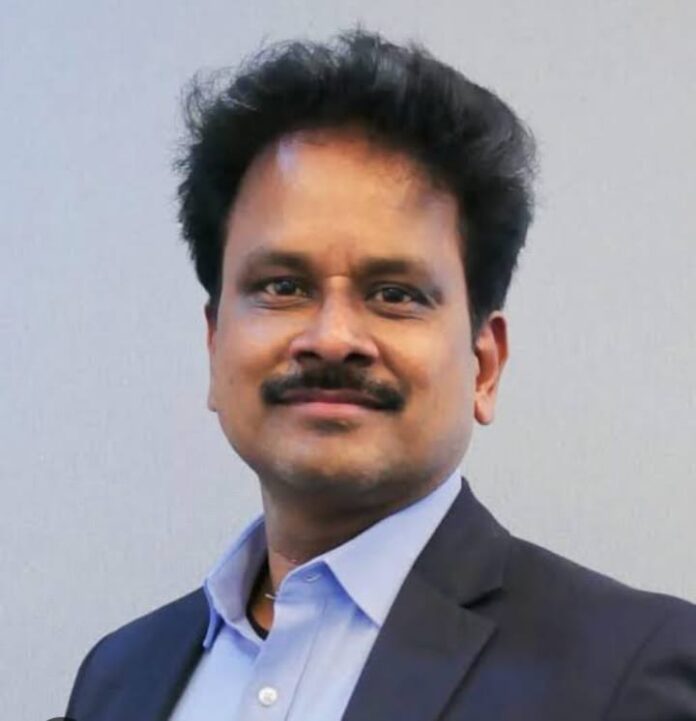
The pioneer of Poly Scientific Ayurveda highlights the need for a system that can effectively support cancer patients
As per the report, ‘Addressing Cancer Care in India’ by the Indian Council of Medical Research (ICMR) and the National Centre for Disease Informatics and Research (NCDIR), approximately one in nine people in India is expected to face a cancer diagnosis during their lifetime. It projects that cancer cases in the country would rise from 26.7 million DALYs (disability-adjusted life years) in 2021 to 29.8 million in 2025, with the highest burden in the north and northeast regions. India has sadly earned the dubious distinction of being the world’s cancer capital according to a report released by the Indian multinational healthcare group, Apollo Hospitals.
As the world observes July as Bone Cancer Awareness Month, healthcare experts are highlighting the need to address some major concerns related to cancer care. They believe there is an urgent need in India to ensure that every patient has access to quality cancer care. Dr. Ravishankar Polisetty, the pioneer of Poly Scientific Ayurveda (PSA) which integrates extensive traditional knowledge into modern scientific clinical methodologies is effectively demonstrating how this can be done. Dr. Polisetty’s treatments are aimed at balancing a patient’s Vata, Pitta and Kapha (VPK) doshas while empowering the immune system to identify and proactively eliminate cancer cells tagged with neo-antigens.
“Holistic healthcare can make a huge difference by bridging the gap in the distribution of cancer care. The existing healthcare infrastructure needs to be enhanced to ensure that cancer diagnostics and treatment services are accessible to all irrespective of social or economic inequalities. The key stakeholders of our healthcare sector, including policymakers, medicare providers, and experts representing various segments of medicine, also need to join hands to devise a multifaceted medicare strategy,” says Dr. Polisetty.
In his opinion, integrating traditional methods like Ayurveda into modern medicine can offer immense relief to cancer patients. “Modern medicine strives to block certain pathways that potentially could lead to carcinogenesis but this approach can also cause several side effects. The Poly Scientific Ayurvedic approach on the other hand works towards balancing the VPK doshas,” he says. On the basis of his experiments on cell cultures, Dr. Polisetty hypothesizes that this method could downregulate the genes that actually cause diseases and upregulate those that promote health. “Alternative medicinal methods like Ayurveda can also support the emotional and mental well-being of the patients and their families,” adds Dr Polisetty.
By closely working together with modern medicine, Ayurveda can help manage the side effects of conventional treatments for cancer patients. “An experienced Ayurvedic practitioner can ensure that both treatment methods do not interfere with each other. The integration of Ayurvedic practices into cancer care helps manage side effects like nausea, fatigue and inflammation, thereby improving the patient’s quality of life. The herbal supplements, dietary adjustments and stress management techniques can also support the overall treatment process by enhancing the body’s resilience and immunity,” says Dr Polisetty.
Drawing from his vast experience in enhancing the survival of end-stage cancer patients who had exhausted all conventional treatment options, Dr Polisetty states, “Poly Scientific Ayurvedic remedies significantly enhance the quality of life of cancer patients and bring them considerable relief as they face the challenges of rigorous treatments.”




